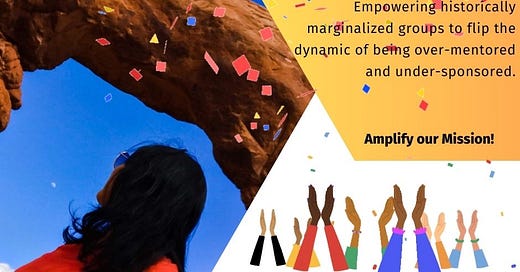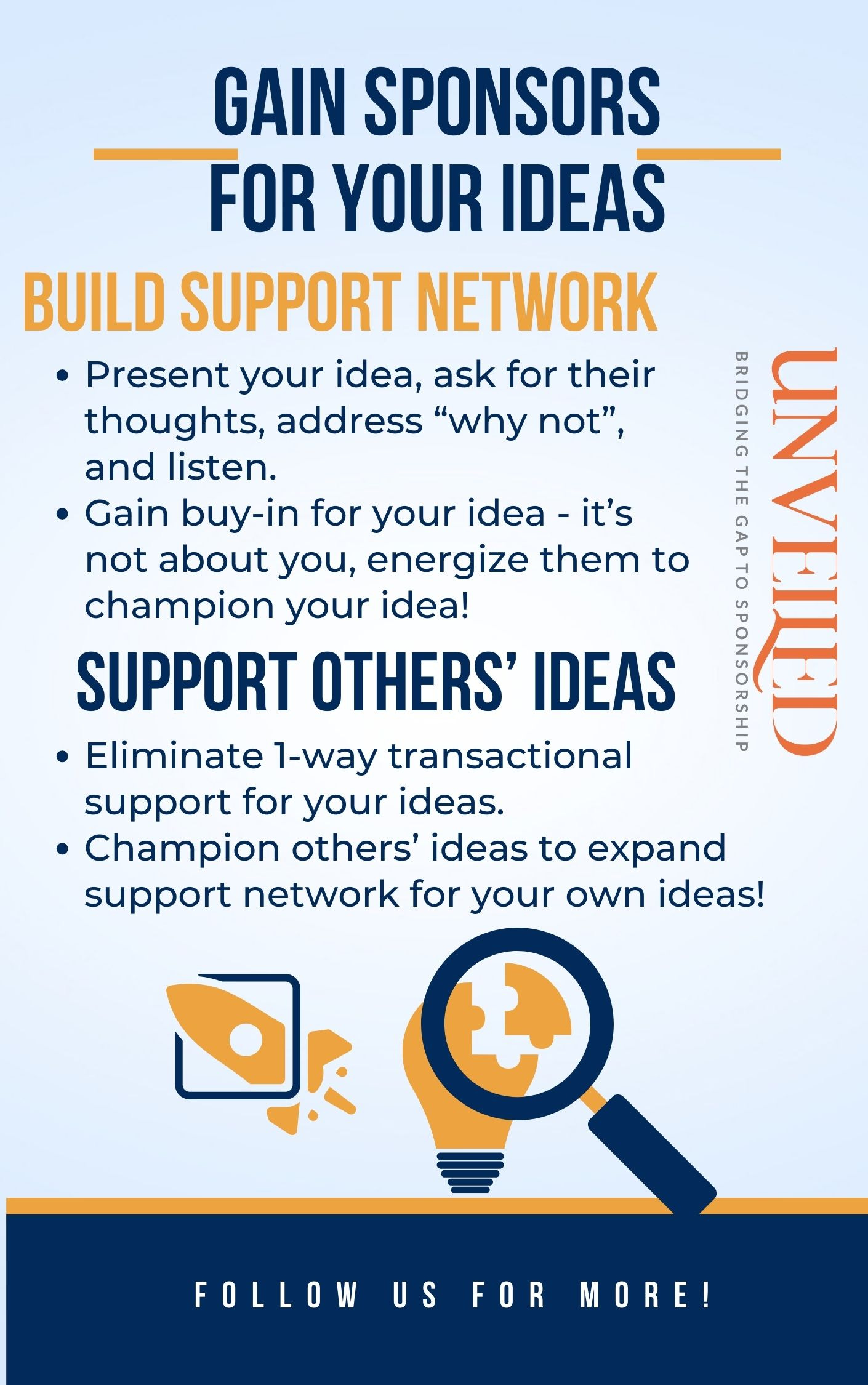The word “innovation” often conjures up images of supercomputers, flying cars, or flavor-of-the-month gadgets. But in reality, it can take many forms, whether it’s in technology, business models, healthcare, art, or any other domain. It is a mindset and a process that can be applied in various environments, from the creative to the mundane. However, successful innovators, particularly innovators and trailblazers in underrepresented communities, often face unique challenges and struggles. Many times they are pioneering new paths and pushing boundaries while facing challenges to “fitting in” not only with their innovative ideas but their individual characteristics. Trailblazers who do not fit the traditional mold frequently face discrimination and biases based on their gender, race, age, or other attributes, especially because wider acceptance of innovative ideas often entails subjective evaluations.
Why is this important to highlight?
Because women are 20% less likely than straight white men to win endorsement for their ideas; people of color are 24% less likely; and LGBTs are 21% less likely. One can imagine how these numbers change for people with intersectionality across these demographics.
Because fewer than 20% of all U.S. patents listed one or more women as inventors.
Because among startups backed by venture capital (VC), 14.5% were run by women and 2.4% by Hispanics and Blacks.
Because a team with a member who shares a client’s ethnicity is 152% likelier than another team to understand that client.
Because as per the 2022 U.S. Hispanic Market Report, with a projected population over 66.5MM in 2023 and a Consumer Buying Power exceeding $2T, Hispanic Americans will represent over 20% of the total U.S. population and will become 22% of our nation's population over the next 5 years.
Barriers to entry into innovation ecosystems typically stem from a lack of established networks for many first-time innovators, lack of necessary resources (including funding, time, and advice), and lack of diversity in sources of capital. Diverse representation, whether it is in our consumer products, healthcare systems, or artistic illustrations, creates the flexibility to adapt more readily to changing demographics and market trends. In a rapidly evolving global economy this is key to forging a competitive advantage.
So how do we support our future trailblazers and innovators?
Embrace cultural competence: Learn about different cultures and perspectives to enhance our ability to work effectively in diverse teams and understand the needs of underrepresented communities. A better understanding of the barriers, which are more acute, can enable us to be better allies and advocates for them.
Teach, mentor, and provide meaningful feedback: When mentoring future trailblazers, share relevant details from our experience that can help them navigate potentially difficult situations faster. Demonstrate investment and commitment to the individual by being frank with feedback especially if it is difficult, think of feedback as teachable moments that guide towards the path to success.
Advocate and sponsor: Open doors by actively and continuously advocating. Whether we are endorsing the idea, product, or individual it is important to recognize that advocating is constant and often requires more time and investment than anticipated. True sponsorship requires accountability and commitment.
Create connection: Whenever there is an opportunity to make a connection, do it… send the email…make the call. Always remember that at the tip of our fingers lies the possibility of making a lasting impact on the world through innovative thinking and action.
“What you do today can improve all your tomorrows.” — Ralph Marston
Unveiling Answers to Your Questions
Ultimately, the trailblazers have the potential to make significant and positive changes in a particular field or industry and we have the privilege to set them on the path towards success!
Got questions on sponsorship for career advancement? Let us know in the comments!
Author Credit: Wanda Shoer is a senior executive, strategist, and thought leader in the healthcare industry. She is a value based, driven leader, committed to empowering and supporting others on their career journey. Wanda is a proud Latina of Dominican descent and lives in NJ with her loving husband and two children.







